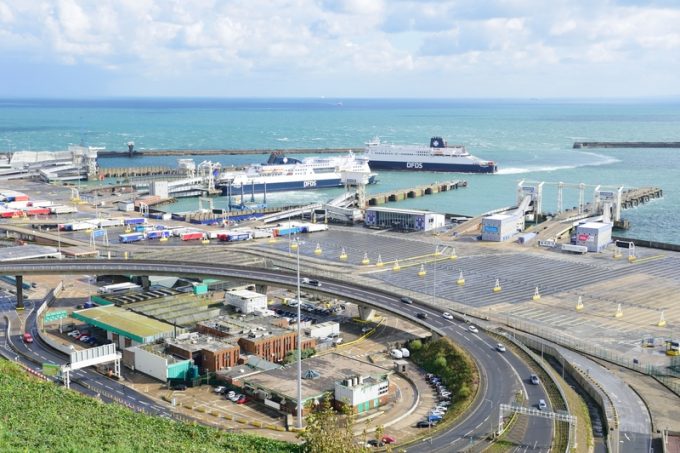'Challenging' Q3 for DFDS – and weaker demand expected to continue
Danish ferry and road freight operator DFDS saw weaker road freight demand across Europe in ...

The UK government has announced new plans to create an “express freight contingency arrangement” to keep supplies of critical medicines coming into the country if it leaves the EU without a deal on 31 October.
In an apparent change of strategy, following the disastrous attempt to secure extra ferry freight capacity before 29 March – estimated to have cost hundreds of millions in charter costs, legal fees and compensation – cabinet minister David Liddington told parliament yesterday the new capacity would ...
Volcanic disruption at Anchorage could hit transpacific airfreight operations
Macron calls for ‘suspension’ – CMA CGM's $20bn US investment in doubt
Forwarders stay cool as US 'liberation day' tariffs threaten 'global trade war'
Shippers snap up airfreight capacity to US ahead of tariff deadline
De minimis exemption on shipments from China to the US will end in May
Tighter EU import requirements proving 'a challenge' for forwarders
Looming Trump tariffs will create 'a bureaucratic monster' for Customs

Comment on this article